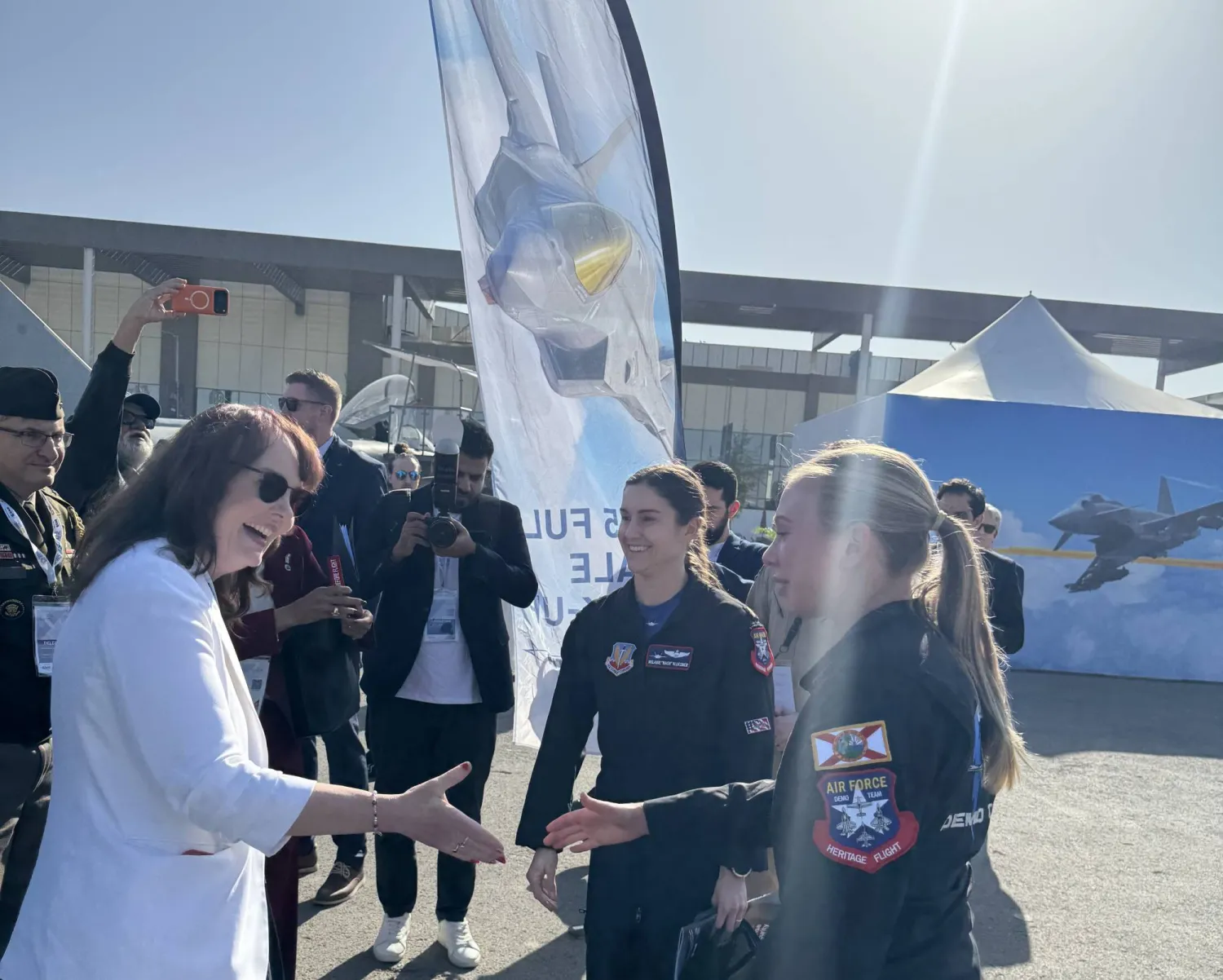Abu Dhabi Crown Prince Sheikh Mohamed bin Zayed Al Nahyan received a telephone call from Israeli Prime Minister Benjamin Netanyahu to discuss the progression of bilateral relations in view of the peace accord signed between their countries.
Shiekh Mohammed tweeted on Monday: “We discussed strengthening bilateral ties and examined prospects for peace and the need for stability, cooperation and development in the region.”
The officials also reviewed the steps being taken to enhance cooperation between the United Arab Emirates and Israel in various development and economic fields, said the UAE news agency (WAM).
They stressed that the normalization of relations is a step that boosts regional peace, stability and security, and paves the way for a new phase of cooperation. They also expressed their great appreciation for the vital role played by the US and President Donald Trump in reaching a peace accord.
Sheikh Mohamed reaffirmed the UAE's keenness to exert all efforts to achieve peace, stability and development for the interest of all, without exception, said WAM.
The two officials also discussed a number of various issues including strengthening cooperation in the fight against the coronavirus, ways to empower youth in the region, the principles of tolerance and cooperation and the importance of dialogue in building friendships and lasting peace.









